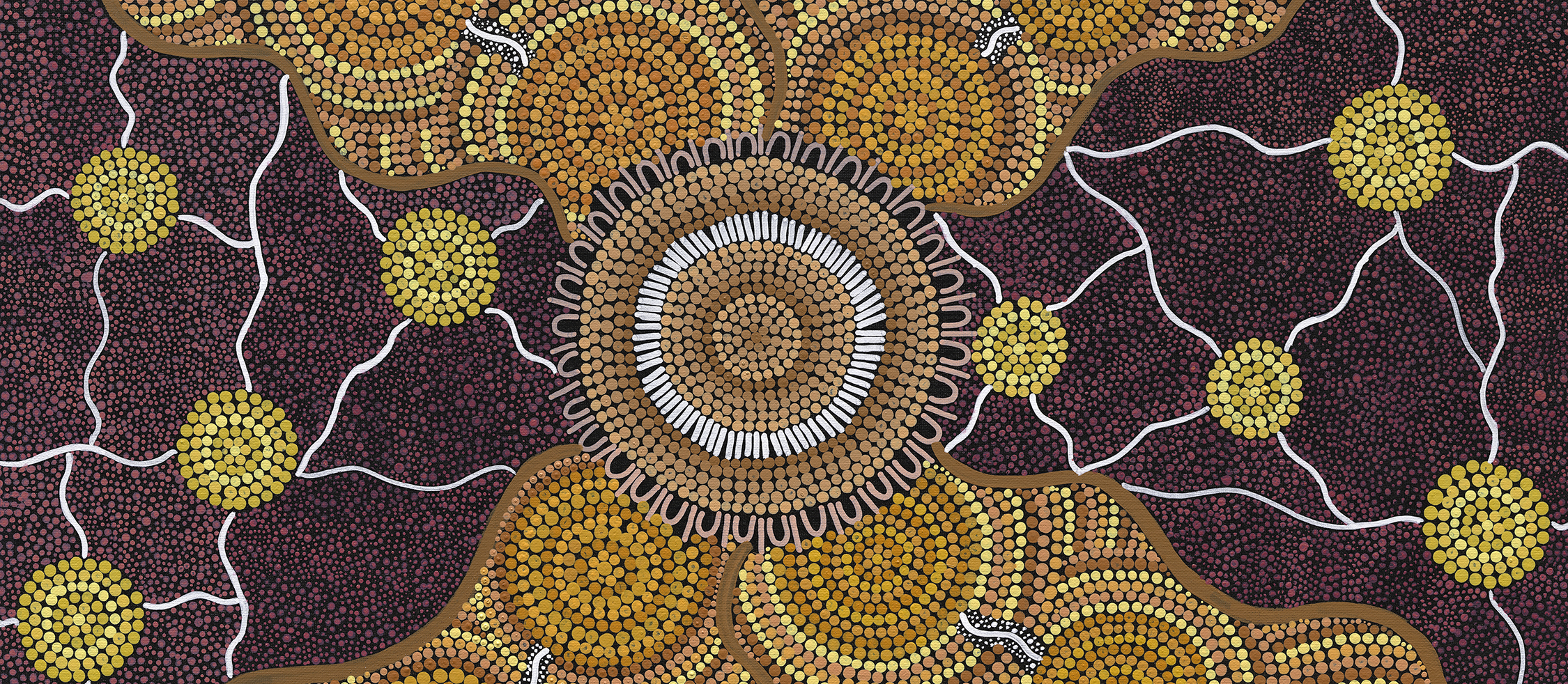With the support of a close-knit community and the Juniper Home Care team, Wheatbelt clients living with dementia can remain in their own homes longer, often in the same place they have lived most of their lives.
From a Northam base, Juniper supports clients with community support workers, allied health and nursing in towns and on farms out to Wongan Hills, Dowerin, Tammin, Beverley, York and everything in between.
For those clients living with dementia, Juniper enables them to remain living in their own home safely for as long as possible, as well as being that respite support for carers and partners so they can continue working or take time for their own wellness.
For Juniper Wheatbelt Team Leader Lee-Anne Thomas, dementia is a particular passion.
“As an enrolled nurse, I had the clinical side, but I wanted to educate myself on all aspects of care. Dementia stood out as particularly prevalent in the community, so I wanted to learn more,” Lee-Anne said.
“I was quick to put my hand up to become a Dementia Champion in 2017. The biggest thing I took away from that was the importance of not lumping those living with dementia together. Dementia presents differently for each case, so it is so important that we do individual care planning for every person.”

Following training, Lee-Anne went on to develop a resource library her team could access to further excellence in dementia care.
As Team Leader, Lee-Anne oversees the care planning for clients to ensure each plan is individualised and meets Aged Care standards and regulations. She also manages the 21 Juniper staff servicing the Wheatbelt covering Registered Nurses, Client Care Advisor, Support Workers and Administration.
Amongst the myriad of support services, support workers often provide support in the home like meal preparation and personal care; respite for carers; medication support; companionship and social outings to connect with community.
“We have a beautiful client living with dementia who gets so much joy singing in her local choir. So she can maintain that passion and independence in the community, we take her to choir practice, as well as craft group each week,” Lee-Anne said.
“We have another client we support with medication, companionship and social outings four mornings a week. This support means her husband is able to continue working in the family business.”
For those living with dementia in regional Western Australia, they are often surrounded by the support of a close-knit community that look out for each other. On the flip side, access to specialised services is a disadvantage.
“While the close-knit community is amazing, the downside for those living in the Wheatbelt is the lack of specialised services which need to be accessed in Perth. For those living with dementia, this can be distressing trip as it is out of the norm,” Lee-Anne said.
“Nine out 10 of our clients know each other so sometimes we will have community members call us to let us know if they have spotted anything out of the ordinary. This can trigger an additional welfare check, or an adjustment to the care plan to better meet any new needs.”

